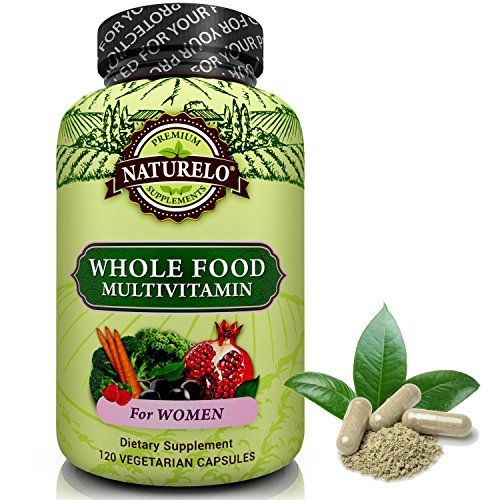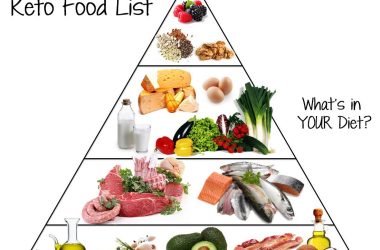In recent years, the health and wellness community has seen a significant shift towards organic and natural products. One area where this change is particularly noticeable is in the realm of vitamins and supplements. Organic vitamins, such as Organic Vitamin D3, have become increasingly popular due to their perceived benefits and natural origins. This guide will delve into the various benefits of organic vitamins, helping you understand why they might be a better choice for your health.
What Are Organic Vitamins?
Organic vitamins are derived from natural sources, such as plants and animals, grown without the use of synthetic pesticides, herbicides, or fertilizers. Unlike synthetic vitamins, which are created in laboratories and may contain artificial ingredients, organic vitamins aim to provide nutrients in their most natural and purest forms. Organic Vitamin D3, for instance, is often sourced from organic lichen or sheep’s wool, ensuring a more natural intake of this crucial nutrient.
The Benefits of Organic Vitamins
- Enhanced Nutrient Absorption
One of the primary advantages of organic vitamins is their enhanced bioavailability. This means that the body can absorb and utilize these nutrients more efficiently than their synthetic counterparts. Organic Vitamin D3, for example, is more readily absorbed by the body, leading to improved bone health, immune function, and overall well-being.

- Fewer Additives and Fillers
Organic vitamins typically contain fewer additives, preservatives, and fillers. This reduction in unnecessary ingredients can lead to fewer side effects and allergies, making organic vitamins a safer option for many individuals. The absence of synthetic chemicals also aligns with a cleaner lifestyle, free from potentially harmful substances.
- Better for the Environment
Choosing organic vitamins is not only beneficial for your health but also for the environment. Organic farming practices promote soil health, reduce pollution, and conserve water, contributing to a more sustainable planet. By opting for products like Organic Vitamin D3, you support eco-friendly practices and reduce your ecological footprint.
Key Organic Vitamins to Consider
- Organic Vitamin C
Derived from organic fruits like oranges and berries, Organic Vitamin C is essential for immune support, collagen production, and antioxidant protection. It helps in the repair and growth of tissues, making it a crucial vitamin for overall health.
- Organic Vitamin B Complex
The B vitamins are vital for energy production, brain function, and cell metabolism. Organic sources of B vitamins include leafy greens, legumes, and seeds. These vitamins play a significant role in maintaining good health and well-being, particularly for those with high-stress levels or dietary restrictions.
- Organic Vitamin D3
As mentioned earlier, Organic Vitamin D3 is essential for bone health, immune function, and mood regulation. Sourced naturally from lichen or sheep’s wool, this vitamin helps maintain optimal calcium and phosphorus levels in the blood, supporting overall health.
How to Choose High-Quality Organic Vitamins
- Check for Certifications
When selecting organic vitamins, look for certifications from reputable organizations such as the USDA or NSF. These certifications ensure that the product meets stringent organic standards and does not contain harmful chemicals or synthetic additives.
- Read the Ingredient List
Always read the ingredient list to ensure that the vitamins are derived from natural, organic sources. Avoid products with a long list of unrecognizable ingredients, as these may indicate the presence of synthetic fillers and additives.
- Research the Brand
Choose brands with a good reputation for quality and transparency. Look for customer reviews, check the company’s website for detailed product information, and ensure they follow ethical and sustainable practices.
Incorporating Organic Vitamins into Your Routine
- Start with a Balanced Diet
While supplements can help fill nutritional gaps, they should not replace a balanced diet. Focus on consuming a variety of organic fruits, vegetables, whole grains, and proteins to ensure a comprehensive intake of essential nutrients.
- Consult with a Healthcare Professional
Before adding any new supplements to your routine, consult with a healthcare professional. They can provide personalized recommendations based on your specific health needs and ensure that you are taking the appropriate dosage.

- Be Consistent
To experience the full benefits of organic vitamins, consistency is key. Make them a part of your daily routine, and monitor your health to notice any improvements over time.
Conclusion
Organic vitamins offer a natural and effective way to enhance your health and well-being. With better nutrient absorption, fewer additives, and environmental benefits, they are an excellent choice for those seeking a cleaner, healthier lifestyle. By choosing high-quality organic vitamins like Organic Vitamin D3, you can support your body’s needs while also contributing to a more sustainable planet. Remember to consult with a healthcare professional and maintain a balanced diet to maximize the benefits of these natural supplements.




